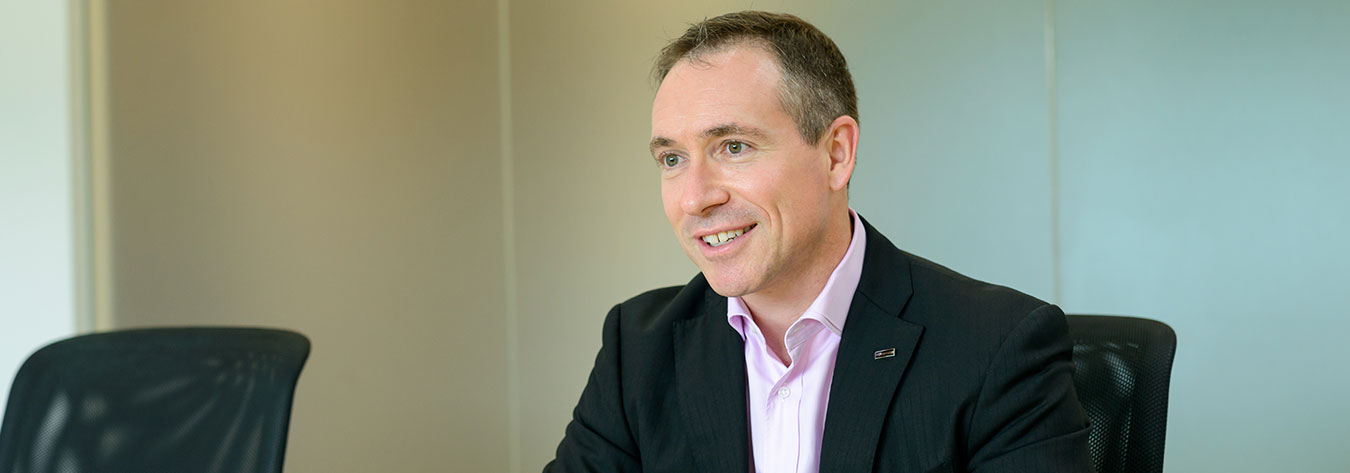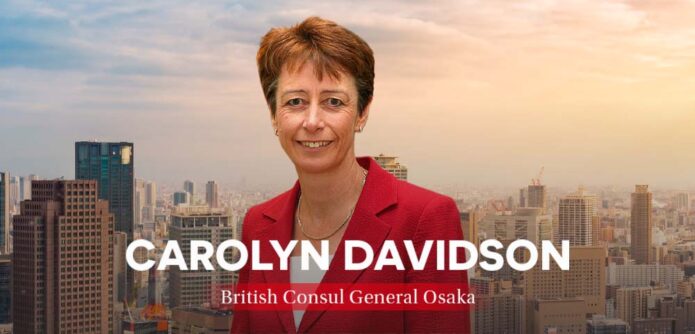Japan’s millennial generation has some very different attitudes to those of its parents, not least the realisation that the concept of a job for life in one of Japan’s big corporations is no longer the perfect career. Skilled, qualified and capable workers today want options, and they want what is best for them at different stages of their working lives.
“There is a sense, progressively sweeping in among the younger generation, that they do not want to simply replicate the working lives of their parents”, said David Swan, managing director for the London-based firm’s operations in Japan and South Korea.
“There is a greater awareness that they hold responsibility for their careers and that they are free to move between companies”, he said, adding that the explosion in social media has given candidates far greater access to information about firms that are in the market for new staff, making them more informed about their careers.
“Another big change that I have noticed is that this 20-something generation is very interested in volunteering and in the corporate social responsibility programmes at companies they are considering”, 44-year-old Swan added. “We regularly get asked questions about this—and that’s a very different way of thinking”.
Robert Walters is celebrating 15 years in Japan and today employs more than 200 people in its Tokyo and Osaka offices, double the number of just five years ago.
While the firm is limited regarding the precise figures it can release, Swan is able to confirm that it is placing about 2,000 people a year in positions. Moreover, its Japan operations have seen “solid, double-digit percentage growth in year-on-year revenue and profit for the last three years in a row”. That has made the Japan business the most profitable in the Robert Walters group, while the Tokyo office is the second-largest in terms of employee numbers after its London headquarters.
The financial services sector used to account for most of Robert Walters’ operations in Japan—indeed, meeting the needs of the finance sector was the main reason for setting up a Tokyo office in 2000.
The business initially grew out of the financial Big Bang in London, where it met the need for accountants in investment banks operating in the City. Inevitably, as those institutions spread their operations around the world, including to Japan, demand for skilled staff soared.
Today, however, after the recent upheavals that have affected the sector globally, financial services account for a reduced percentage of the firm’s business here. Yet Swan is quick to point out that a raft of new regulations introduced by Japanese authorities mean that there is renewed demand for compliance risk experts, internal auditors and other professionals with similar skills.
The slack from financial services has been more than picked up elsewhere, with industrial recruitment the largest single area of business, followed by IT and telecoms, as well as the consumer and retail sectors. Healthcare rounds out the top five areas of importance.
According to Swan, typical placements are for 37-year-old, mid-level managers—60% of them male and 40% female—earning around ¥9mn a year. Some 85% of Robert Walters’ business in Japan revolves around providing capable staff to foreign multinational corporations.
There have been other changes in the Japanese market, said Swan.
“I think there has been a recognition of recruitment as an industry”, he said. “When I first joined Robert Walters 13 years ago, it was not uncommon to meet a candidate whose aim was simply to practice his English and who had no intention of changing his job.
“It has matured now: there is more competition and the client base is also changing away from primarily financial services.
“And, as the recognition has grown, so, too, has the standard of individuals who want to come and work for us”, he added. “The key to keeping the best people is to train them well, compensate them well, motivate them, challenge them and provide them with clear career progression opportunities”.
The state of the market at present also lends credence to the belief that Japan’s economy, as well as that of the broader region, really has put the dark days of the global financial crisis behind it.
“Business for us at the moment is the best it has ever been”, said Swan. “The reason, we believe, is that the economic measures taken by the government of Prime Minister Shinzo Abe are very positive.
“There has been a lot of discussion of whether they are working or not, but from our point of view they mostly seem to be having a positive effect”.
Government statistics suggest that there are more jobs available than there are workers at present, with the ratio even higher in cities such as Tokyo and Osaka, where there are two vacancies for every job-seeker. In specialist areas, such as software development, the ratio can be five jobs to every seeker. Given Japan’s well-publicised population problems and a shrinking workforce, Swan anticipates that demand for the best candidates can only get stronger.
“There is a lot of positivity around the economy right now, and that flows over into our business”, he said. “When companies are positive, they want to add head count and expand. That’s good for us and I would say that the outlook is pretty good for several years to come.”
It helps that “a lot of big things will be happening in Japan in the next few years”, Swan added, pointing out the upcoming Rugby World Cup 2019 and Tokyo 2020 Olympic and Paralympic Games.
“It is”, he concluded, “an exciting time to be here”.
A British success story
As well as celebrating 15 years in business in Tokyo, Robert Walters is celebrating two more major landmarks this year.
The firm, which is recognised as one of three truly global specialist professional recruitment consultancies, is marking 30 years since its establishment in the UK and 15 years since its full listing on the London Stock Exchange.
Created by Robert Walters, who remains the group’s chief executive, the firm’s first foray outside the UK was a Brussels office in 1988. Six years later, the firm launched in New York, followed by Sydney in 1996.
Robert Waters underwent rapid expansion over the next decade, increasing its presence in Europe, Asia and Australia, in part through the acquisition of rival agencies.
With about 2,700 staff across 53 offices in 24 countries, the latest additions to the empire were made in 2013, in Dubai, and in Ghent, Belgium.
Clients range from blue-chip corporations and global financial services institutions to small and medium-size enterprises, start-ups and, in some regions, the public sector.
A strong believer in organic growth, the firm’s long-term strategy is to expand into new markets and diversify into new recruitment areas, both in existing and new markets.
The changing mix of the group’s operations is reflected in the income that it generates from international business. In 2000, the UK accounted for 62% of total net fee income, while the Asia–Pacific region was in second place with 26% and Europe had 9%. By 2014, the Asia–Pacific was generating 42% of income, the UK only 33%, and Europe 20% of the total.








